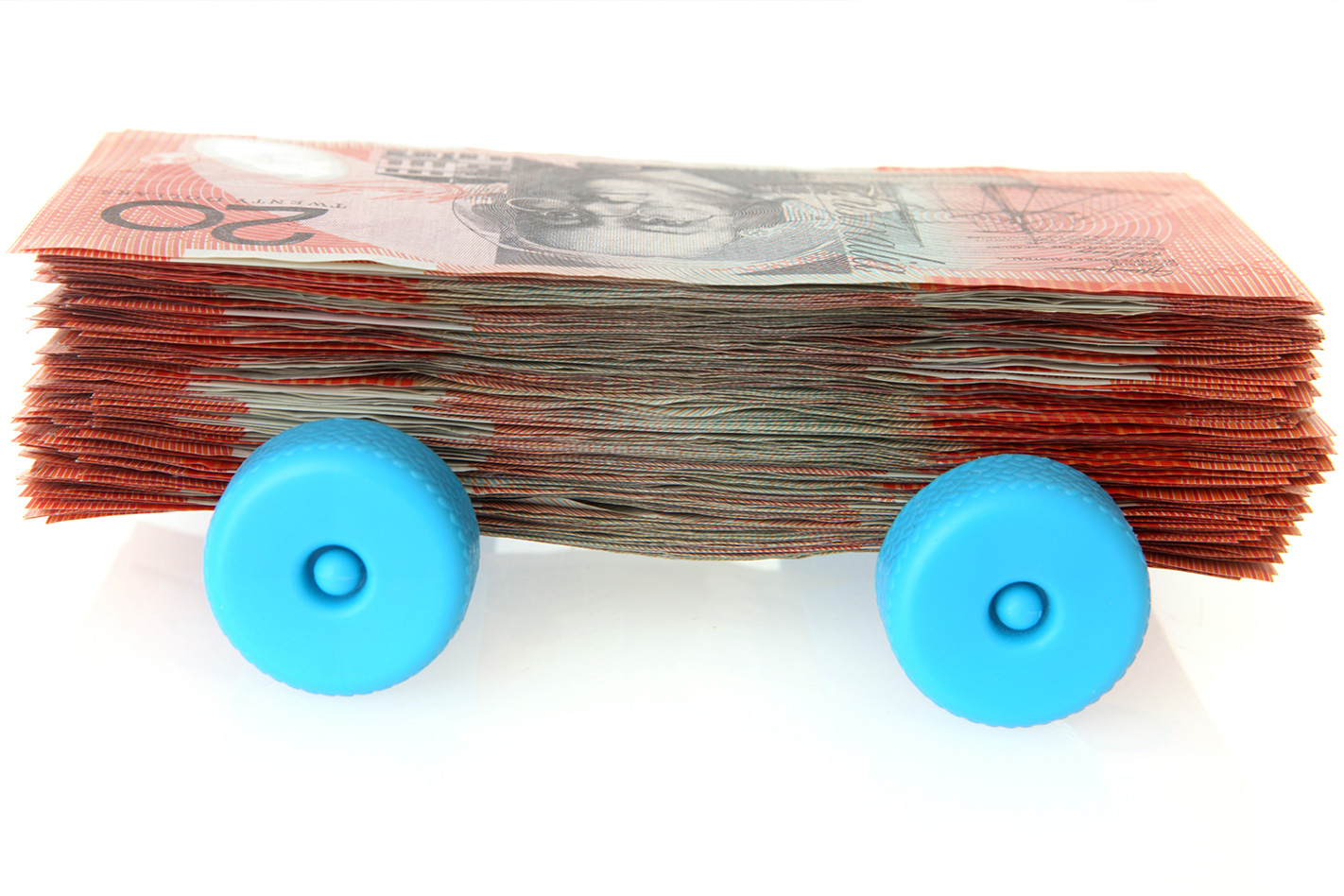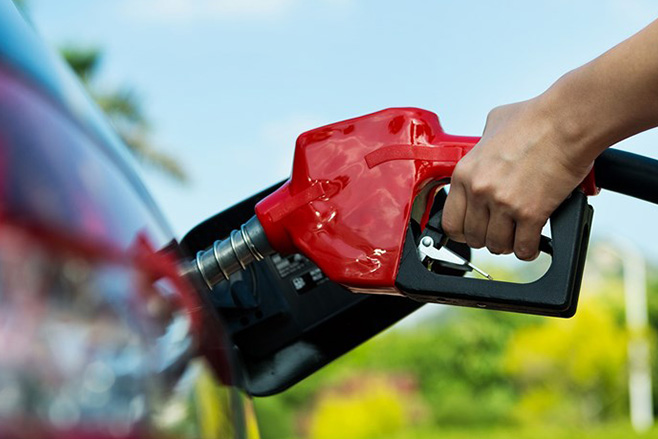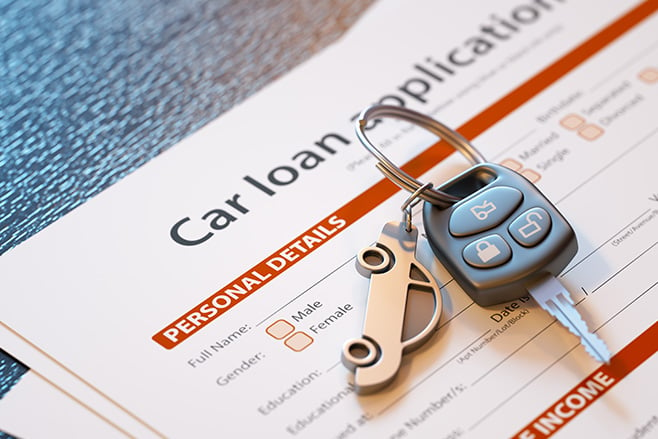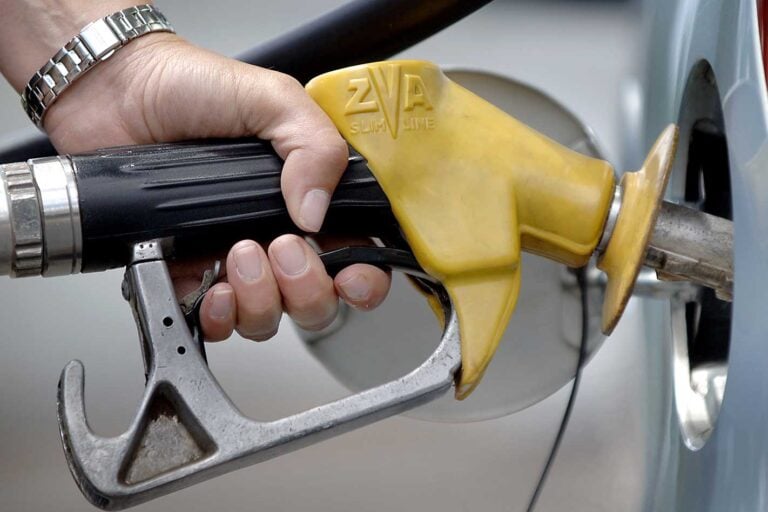
Snapshot
- Average weekly transport cost jumps up by $70
- Capital city households paying roughly $413 a week on transport
- Fuel prices pinned as the biggest factor behind the increase
Feeling lighter in the hip pocket? You’re likely not the only one, with weekly transport costs jumping up significantly last year to as much as $485 a week.
According to the Australian Automobile Association, average weekly household transport costs increased by $70.18 in capital cities, surging to their highest levels yet of $413.71 a week – an annual total of $21,512.92.
While transport spend for those in regional cities also increased (up by $70.17 a week), those outside of the capitals enjoyed a significantly lower average, sitting at $341.68 per week.

Perhaps unsurprisingly, those in Sydney were hit the hardest, with average costs hitting $485.13 a week – around $30 more than those from Melbourne ($457.12) and Brisbane ($454.70).
For those outside of the capitals, the regional hubs of Alice Springs and Bunbury now hold the unenviable titles of most expensive towns in their respective states, as the average weekly household cost for both areas last year sat at $360.88.
Average transport cost by city
| City | Average cost per week (household) |
| Sydneyu00a0 | $485.13 |
| Melbourne | $457.12 |
| Brisbane | $454.70 |
| Perth | $401.71 |
| Canberrau00a0 | $395.78 |
| Adelaide | $380.96 |
| Darwin | $370.54 |
| Hobart | $363.76 |
Combining the capital and regional cities led to an average weekly household transport cost of $380.10 – broken down across eight contributing factors; registration/CTP/licensing, servicing/tyres, insurance, roadside assist, public transport, tolls, fuel and car loan payments.
The latter two factors attributed to a huge portion of the overall average costs, with car loans making up 44.7 per cent of weekly household bills (170.08 per week) while fuel accounted for 22.5 per cent of the average budget (85.35 per week).
Average transport cost by category
| Contributing factor | Average cost per week (household) |
|---|---|
| Car loan payments | $170.08 |
| Fuel | $85.35 |
| Servicing and tyres | $30.37 |
| Registration, CTP and licensing | $29.69 |
| Insurance | $27.21 |
| Public transport | $22.06 |
| Tolls | $13.20 |
| Roadside assist | $2.15 |
Michael Bradley, managing director of the AAA, said the increased costs were contributing to higher strains on Australian households, with the rise in fuel prices to their highest ever levels being amongst the most prevalent.
“Increased transport costs are a significant contributor to cost of living pressures on Australian families, with the average Australian household now paying more than $70 a week extra for transport costs throughout 2021,” said Bradley.
“Rising fuel prices continue to be a significant contributor to cost of living pressures across both regional and metropolitan Australia.
“With a federal election and two state elections due this year, this index is a timely reminder policies that further increase transport costs need to be avoided.”

Despite this, a study last year found Australia to be the most affordable country in the world for motorists, although this was based on extraneous factors – such as how much of an average salary it would take to buy and run a car.
Last week, average fuel prices in Australia peaked at their highest level yet, with the national average climbing to 179.1 cents per litre, while those in Sydney were hit with more than $2 per litre for regular unleaded.
We recommend
-
 News
NewsAustralia 'is the most affordable country to own a car'
Motorists Down Under are getting the best deal in the world according to a UK report
-
 News
NewsAustralian average fuel prices hit all-time high
We're not far away from passing 180 cents per litre
-
 News
News2021 Australian road toll increases in spite of lockdowns
Quieter roads didn't lead to safer roads in 2021





